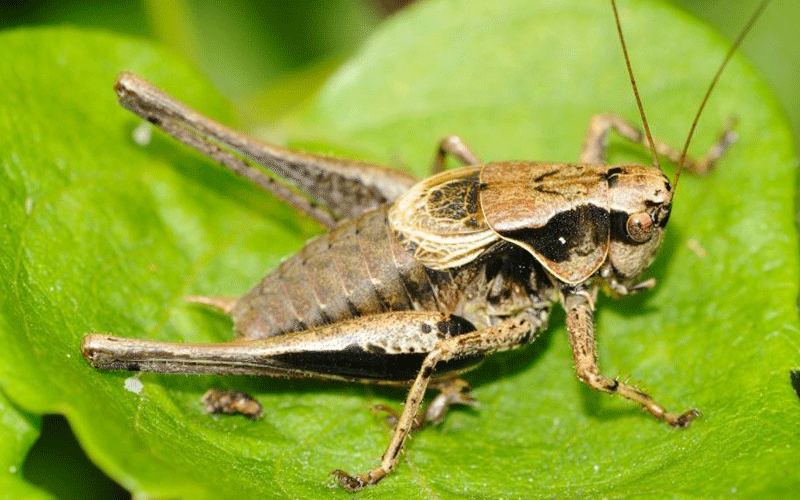Researchers in malaria war make major breakthrough

Mwangi Mumero
In a move likely to give to be a breakthrough in the fight against malaria, researchers at the Nairobi-based International Centre of Insect Physiology and Ecology (Icipe) in collaboration with partners, have identified a microbe in malaria mosquitoes capable of blocking transmission of the disease from the insects to people.
Working in collaboration with scientists from the University of Glasgow, UK, the Icipe researchers report that the microbe, which has been given name Microsporidia MD, is found in anopheles mosquitoes-the main vector of malaria.
According to the US Centre for Disease Control (CDC), there are an estimated 3.5 million malaria cases each year in Kenya.
An estimated 10,700 people die from the disease each with parts of western Kenya and the Lake region the most affected.
Healthy insects
Overall, the researchers established that the mosquitoes carrying the microbe do not harbour malaria parasites-either in their natural environment or after experimental infection in the laboratory.
“The bodies of all animals are inhabited by microbes with some being detrimental, where they are pathogens.
Other microbes can be beneficial to the animal, ” said Dr Jeremy Herren, the lead scientist in the study.
According to Dr Herren, healthy insects often have microbial symbionts inside their bodies and cells, which can have major effects on the biology of their hosts.
Conducted on mosquitoes in their natural environments on the shores of Lake Victoria, the research showed that the microbe is passed from female mosquitoes to their offspring at high rates.
The microbe does not kill or cause obvious harm to the host mosquito. Researchers admit only a few malaria mosquitoes carry the microbe.









